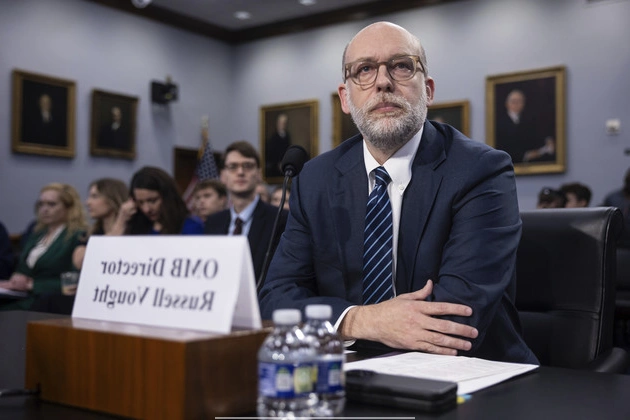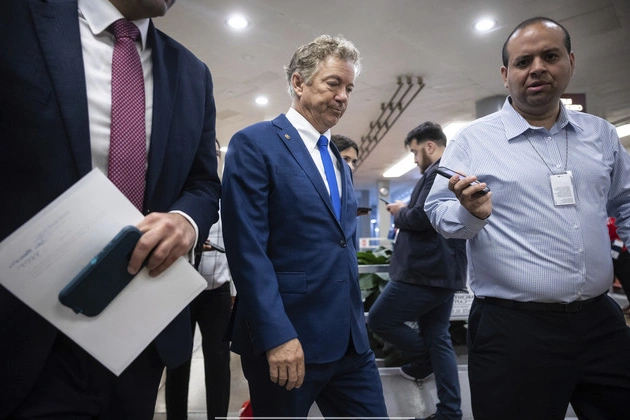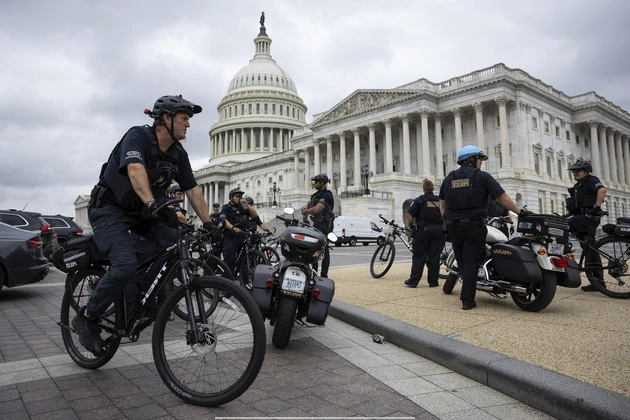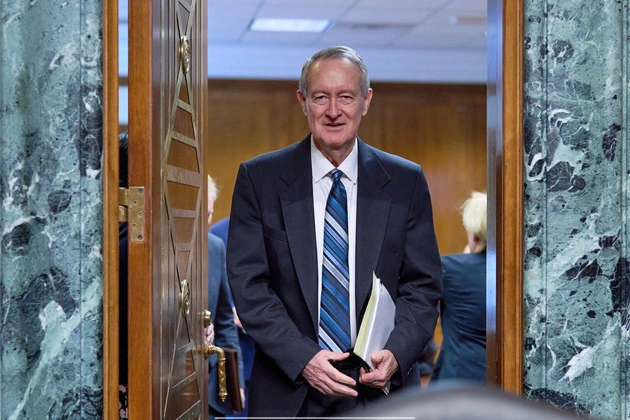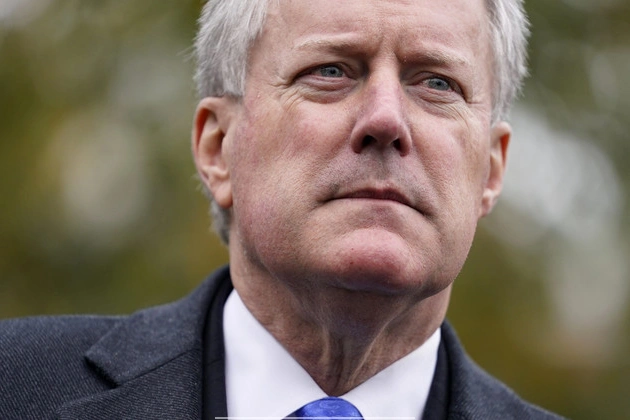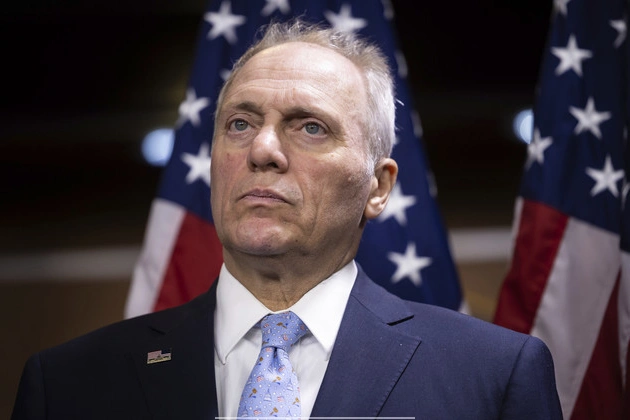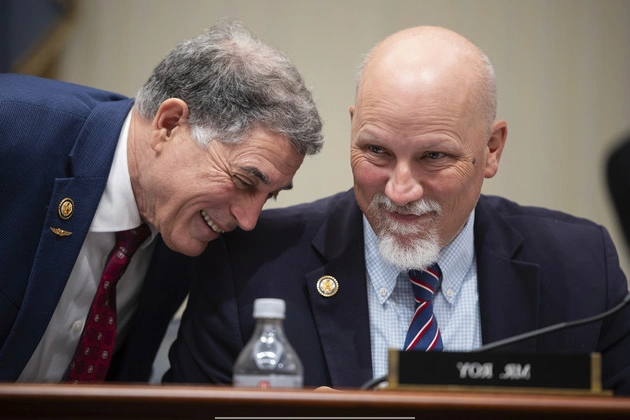
House Republican leaders faced a setback on Friday as they postponed a vote to advance their party-line tax and spending package through the Budget Committee. The delay comes amidst ongoing opposition within the GOP ranks.
Key Changes Under Consideration
To address concerns from fiscal conservatives on the panel, Republican leaders are exploring significant amendments to the bill. These changes include accelerating work requirements for Medicaid recipients before the 2029 deadline stipulated in the legislation. Additionally, there is a proposal to immediately terminate Medicaid benefits for undocumented immigrants.
Challenges and Opposition
During the Friday markup, Rep. Chip Roy (R-Texas), a pivotal figure in the deliberations, criticized the bill, stating, “This bill falls profoundly short.” He pointed out the discrepancy between the bill’s projected deficit reduction and its actual fiscal impact.
Other lawmakers, such as Reps. Andrew Clyde of Georgia and Ralph Norman of South Carolina, also voiced their opposition to the current version of the bill.
Negotiations with the White House
House Majority Leader Steve Scalise revealed that discussions are underway with the Biden administration regarding the timeline for implementing Medicaid work requirements. While there is a desire among some members to expedite these mandates, the administration is cautious about enforcing them before 2029.
Path Forward
Despite the delay in the Budget Committee vote, Republican leaders remain committed to advancing the “One Big Beautiful Bill Act.” Discussions with the White House and internal negotiations are ongoing to address concerns and garner support for the legislation.
It is important to note that the Budget Committee’s approval is a procedural step that consolidates various bills endorsed by Republicans in recent weeks. This includes measures from committees like Ways and Means and Energy and Commerce, aimed at fulfilling key campaign promises.
Reflections on the Bill
Fiscal conservatives expressed disappointment over the bill’s lack of deeper spending cuts and reductions in tax benefits for low-income households. While some lawmakers acknowledged the bill’s positive aspects, such as incremental progress towards fiscal responsibility, others felt it did not go far enough.
Looking Ahead
The decision to defer the vote underscores the complexities of navigating internal dissent and aligning on key policy provisions. Republican leaders view this bill as instrumental in realizing the ‘America first’ agenda and revitalizing the nation’s prosperity.






